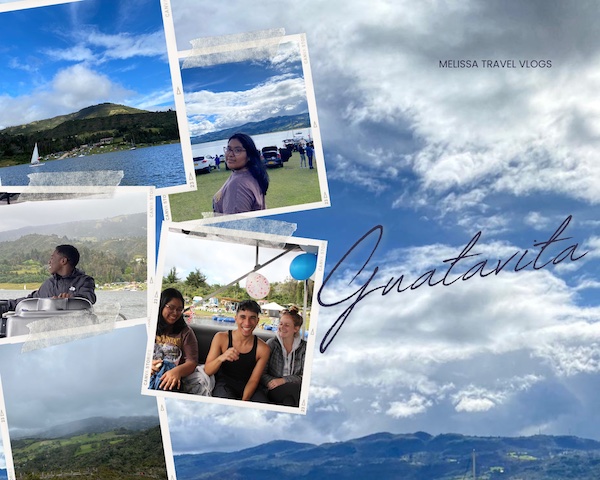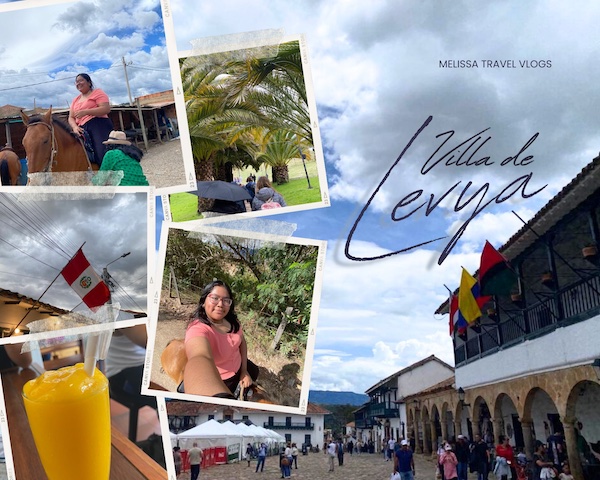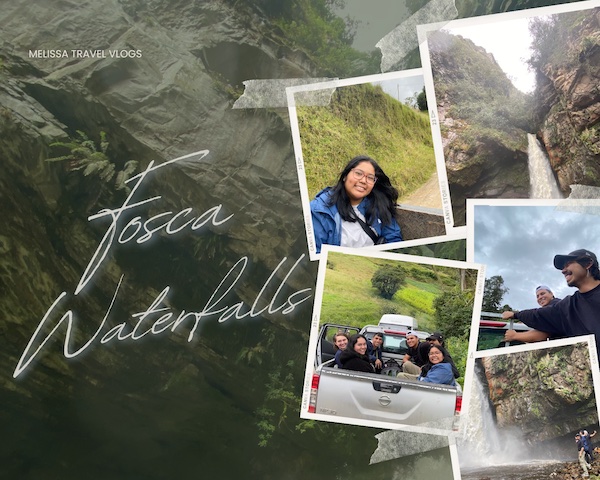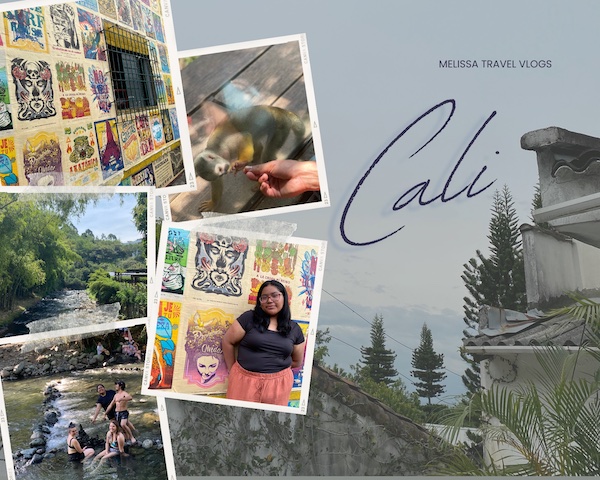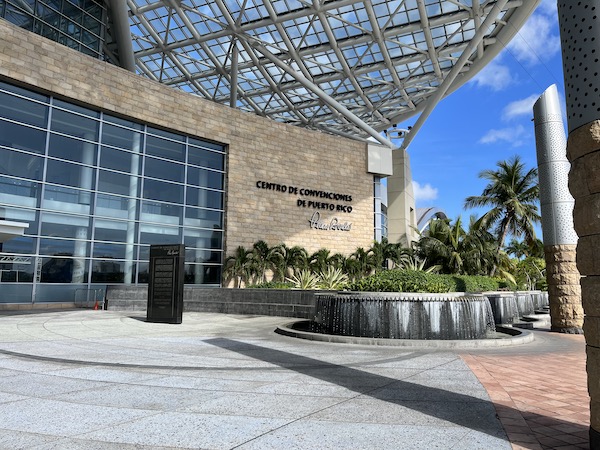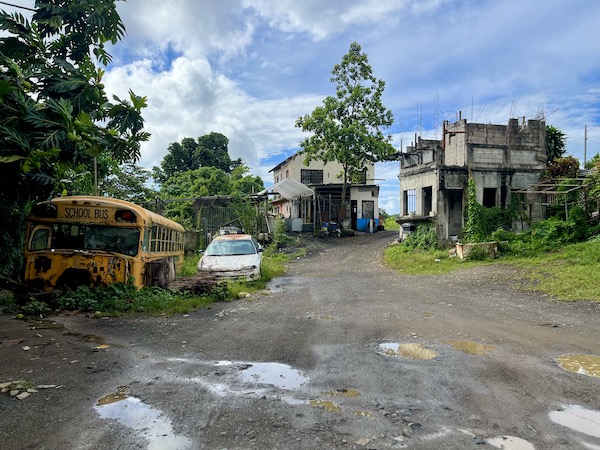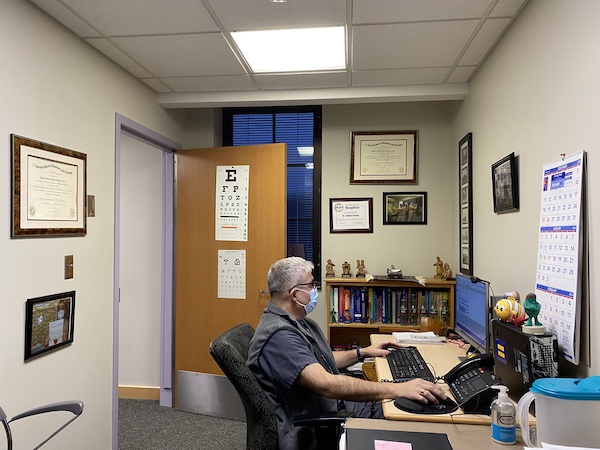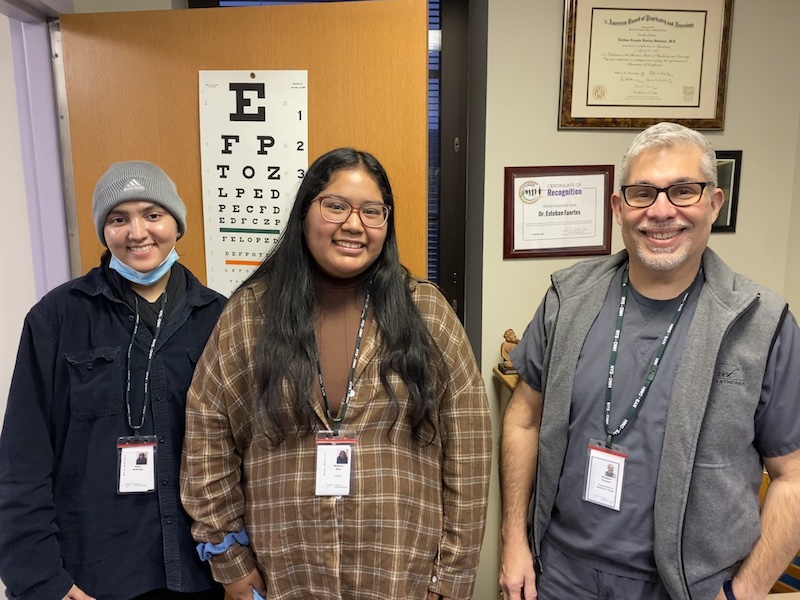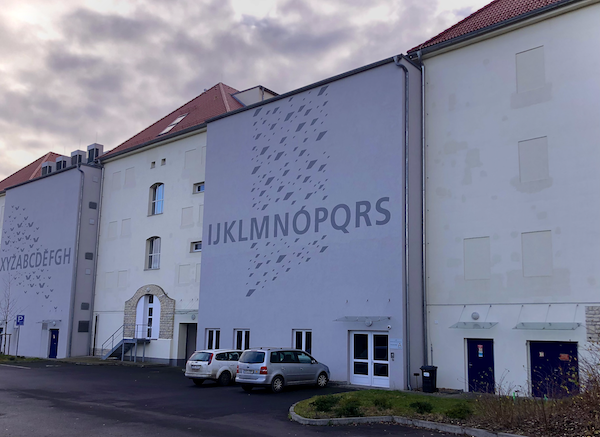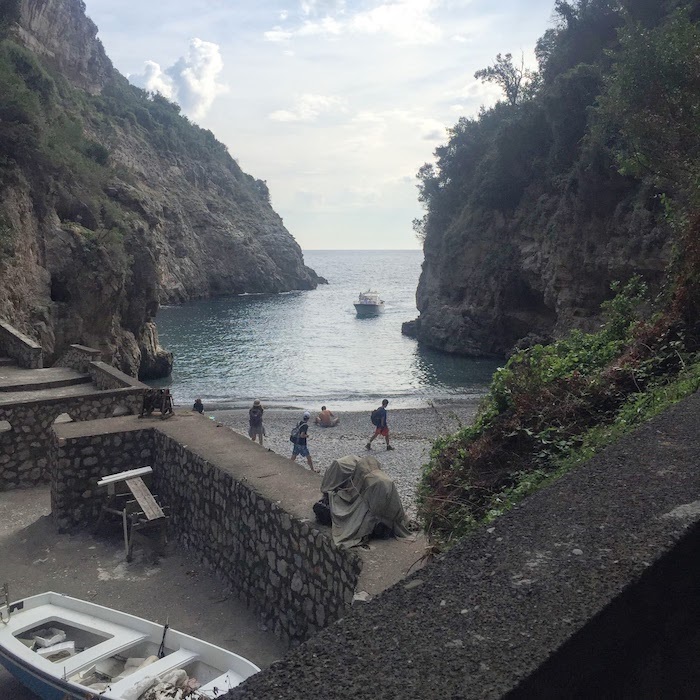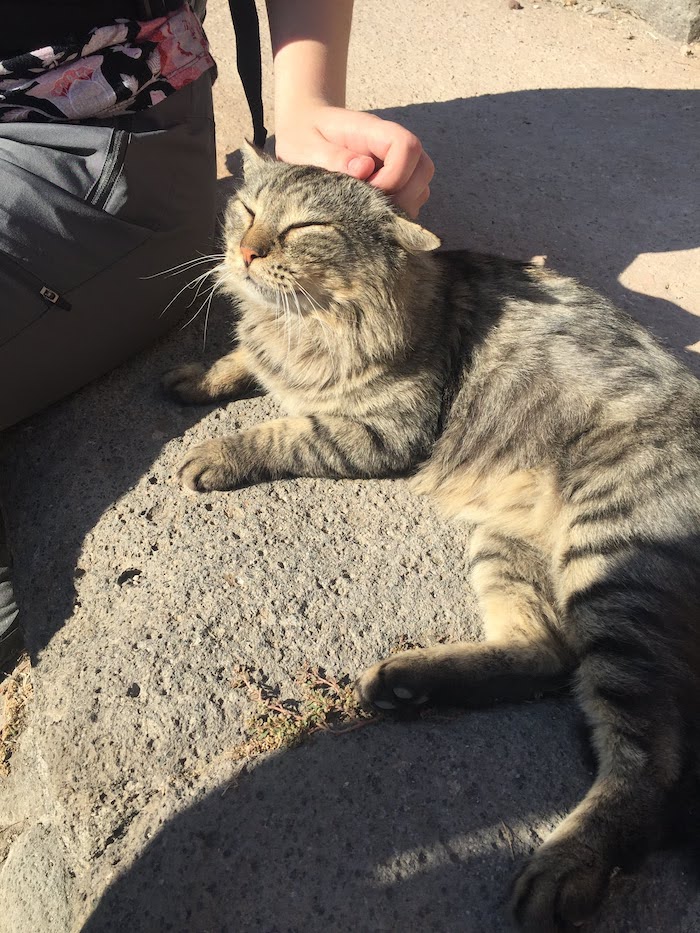At Princeton, there are several places to find community. In your residential college, in clubs, in classes. But when there’s a gap to be filled, and students can’t find exactly what they’re looking for, it becomes all the more important for them to make that community for themselves.
This is precisely what I experienced over the course of the past year. Being a proud Filipino, I recall seeking out any sort of Filipino club when I first came to Princeton. I knew that there were fellow students here that shared my heritage, but it was just a matter of finding them and connecting with them.
I was so glad to hear that there were other students (shoutout to the Qua sisters!), who felt the same way and had already gotten the ball rolling. Thus, the Princeton Filipino Community (PFC) was born. Though versions of the club had existed in prior years, the club had been dormant for some time. The idea first started gaining traction again towards the end of my sophomore year, and it was at the beginning of my junior year when I saw these ideas really come to fruition.
Over the past few months, we have made huge strides in establishing our tight-knit Filipino family on campus, and I’m honored to have been even a small part in that. This past semester, I served on the leadership team of PFC as the Social Media Manager and have gotten to help plan some of our first few events of the year.
For instance, our kickoff dinner this past September was super successful. I remember walking out of it being so incredibly happy—“just good vibes” was the phrase that I used to describe the feeling to my friends. Even more significantly, it was also cool to meet a ton of other Filipino undergraduates, graduate students, and faculty alike. I’ve gained so many more familiar faces to say hi to around campus and, for that, I’m grateful!
During our club events, we partake in all the classic activities of our country: from Halo-Halo making; to creating traditional Filipino Christmas lanterns known as parols; and, of course, singing karaoke! Our meetings are also always filled with delicious, authentic Filipino food, so it’s the perfect time to experience a taste of home while at college. Not to mention, all these things are funded by the University! With monetary help from Princeton’s Projects Board, the funding branch of our Undergraduate Student Government (USG), student organizations like ours are really able to thrive.
Though I won’t be serving as an officer next semester, I’m so glad to have been involved in PFC’s revival, and I’m excited to see what else is to come for our club!







